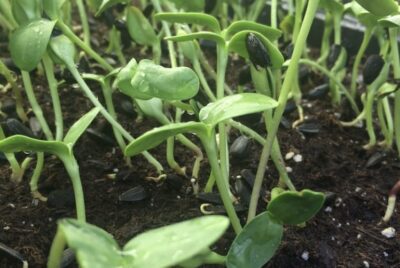RESEARCH
How Do Horticultural Activities Affect Brain Activation and Emotion? Scientific Evidence Based on Functional Connectivity
Summary
This study looked at how gardening activities affect brain activity and emotional well-being. Researchers had 23 healthy university students participate in a six-week horticultural therapy program that included tasks like soil preparation, planting, weeding, and harvesting. Brain activity was measured using functional MRI scans before and after each activity, and participants also completed a mood survey called the Profile of Mood States (POMS). The aim was to see how different types of gardening activities impact emotional responses and brain regions related to creativity, relaxation, and emotional regulation.
Each stage of the gardening activities had unique effects on the brain and mood. Activities like fertilizing, weeding, and harvesting led to stronger brain connectivity in areas related to emotional stability, mindfulness, and creativity. Participants felt more positive emotions and experienced less stress compared to when they were not doing any gardening. Overall, the study shows that hands-on gardening can boost mood and activate brain networks that support mental well-being.







